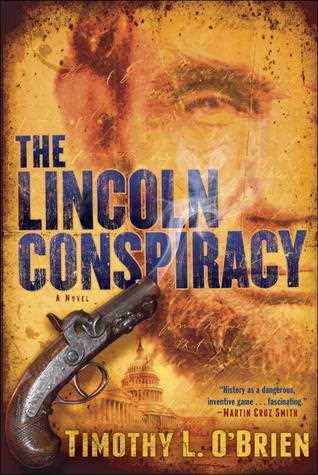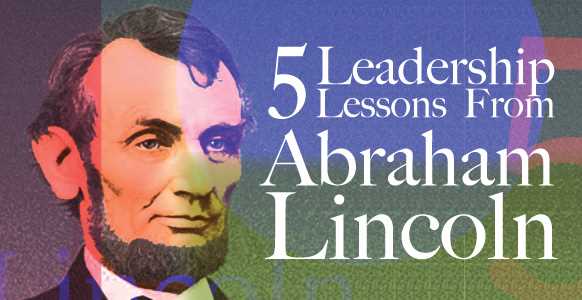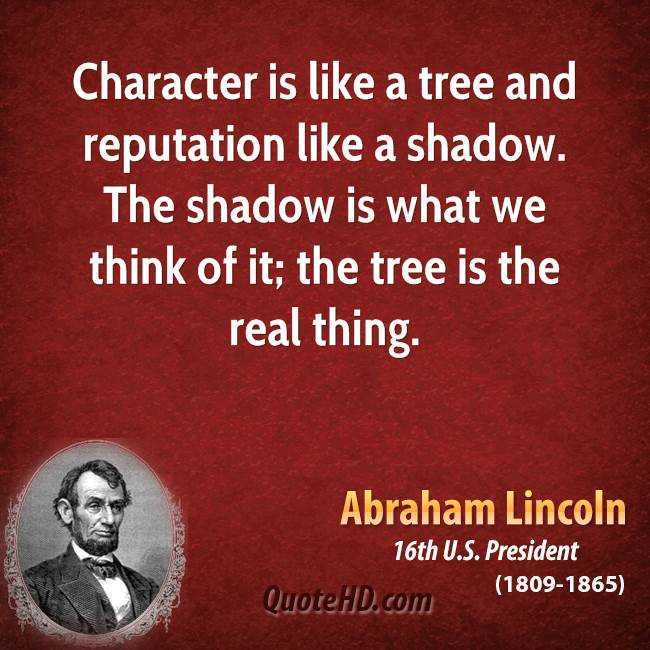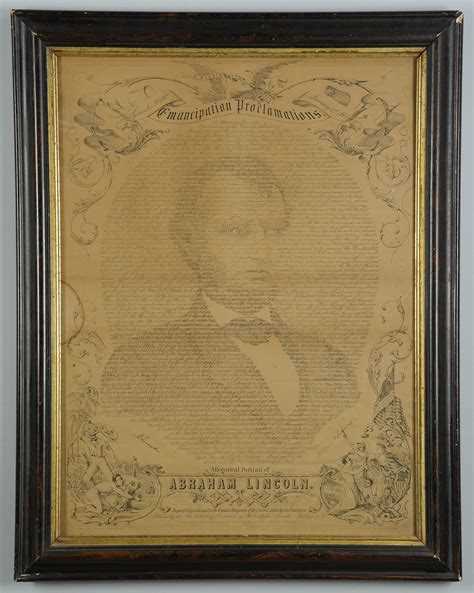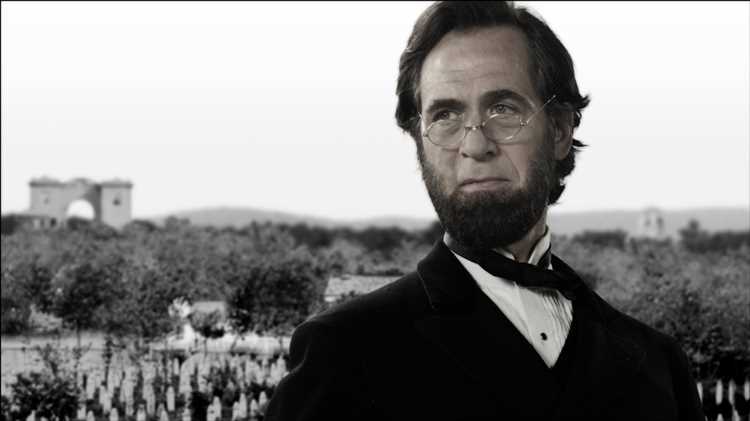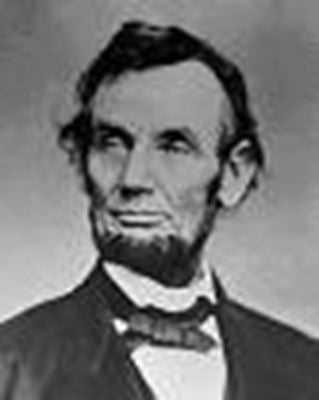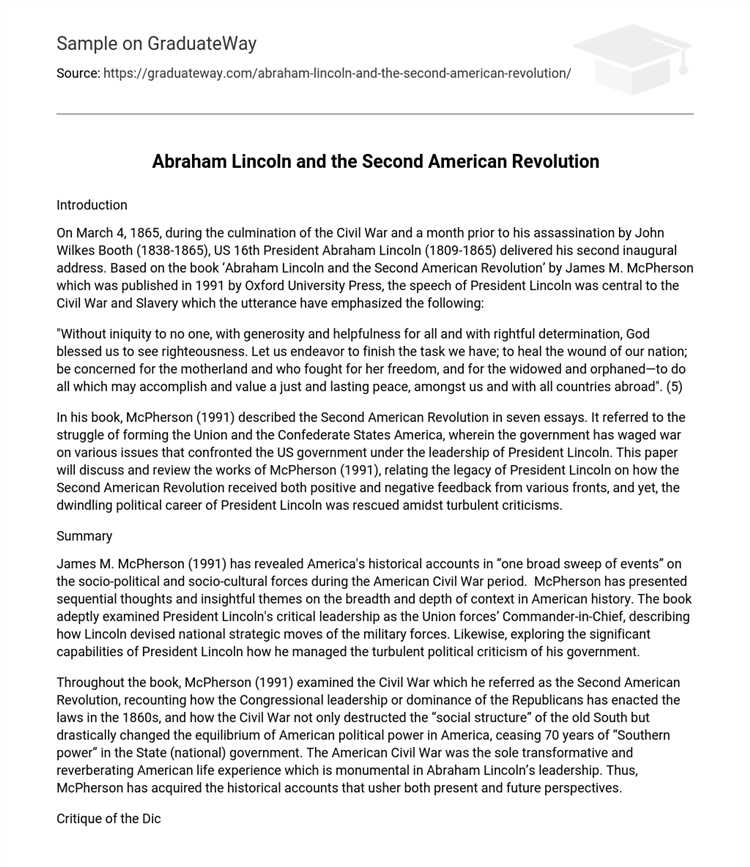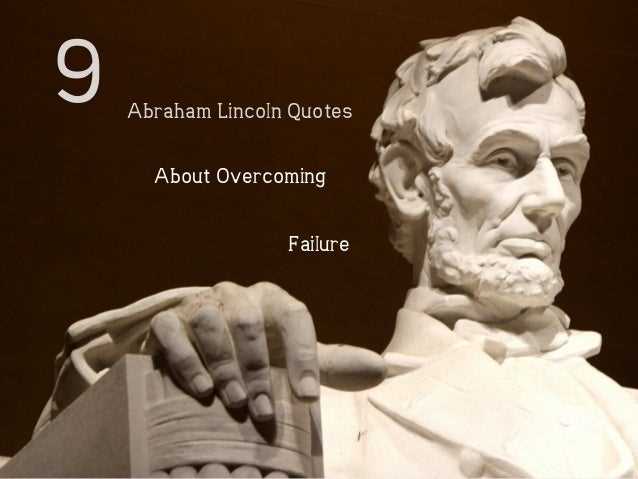Revisiting Abraham Lincoln’s Complicated History with Native Americans
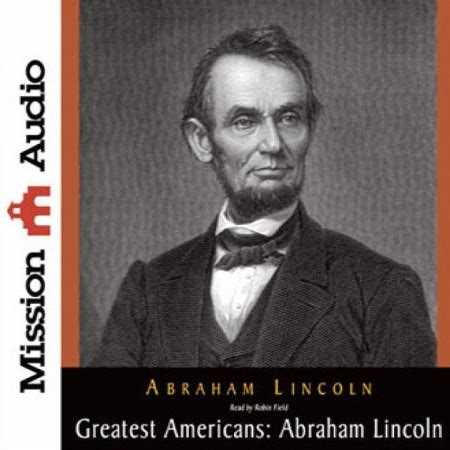
Abraham Lincoln, the 16th President of the United States, is often revered as one of the greatest leaders in American history. His role in shaping the nation during the Civil War and his efforts to abolish slavery have cemented his place in the annals of American history. However, Lincoln’s relationship with Native Americans is a more complex and nuanced aspect of his legacy that is often overlooked.
During Lincoln’s presidency, the United States was engaged in a brutal conflict with Native American tribes, as settlers continued to push westward, encroaching on tribal lands. While Lincoln himself did not directly participate in these conflicts, his policies and actions had a profound impact on the Native American population.

